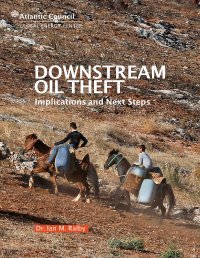By Elizabeth Burke Voorhees
The purpose of this study was to identify core competencies for supervisory-level security management professionals working in the sports and entertainment industry. Qualified and trained sport and event security-management professionals are essential to support the U.S. homeland security objectives outlined in Presidential Policy Directive21. Providing effective safety and security for sports and entertainment events requires specialized knowledge and skill on the behalf of security-management practitioners who detect, deter, prevent, and respond to potential risks and threats. This qualitative research study employed a Delphi research design to elicit expertise from a purposefully selected panel of experts (N = 36). The expert panel suggested a list of competencies in Delphi round one and rated each competency statement based on level of importance and frequency using a 5-point Likert scale. The expert panel produced 136 core competencies in seven clusters: Risk Management, Emergency Planning, Problem Solving and Decision Making, Leadership, Communication, Building Collaborative Relationships, and Human Resource Management. Twenty-nine panelists successfully completed all three rounds of the Delphi study yielding a 93.5% response rate. Sport and event security management professionals and industry stakeholders can use the validated list of competencies to develop human capital and improve performance though the strategic application of human resource management,
Hattiesburg, MS: University of Southern Mississippi, 2010. 247p.



